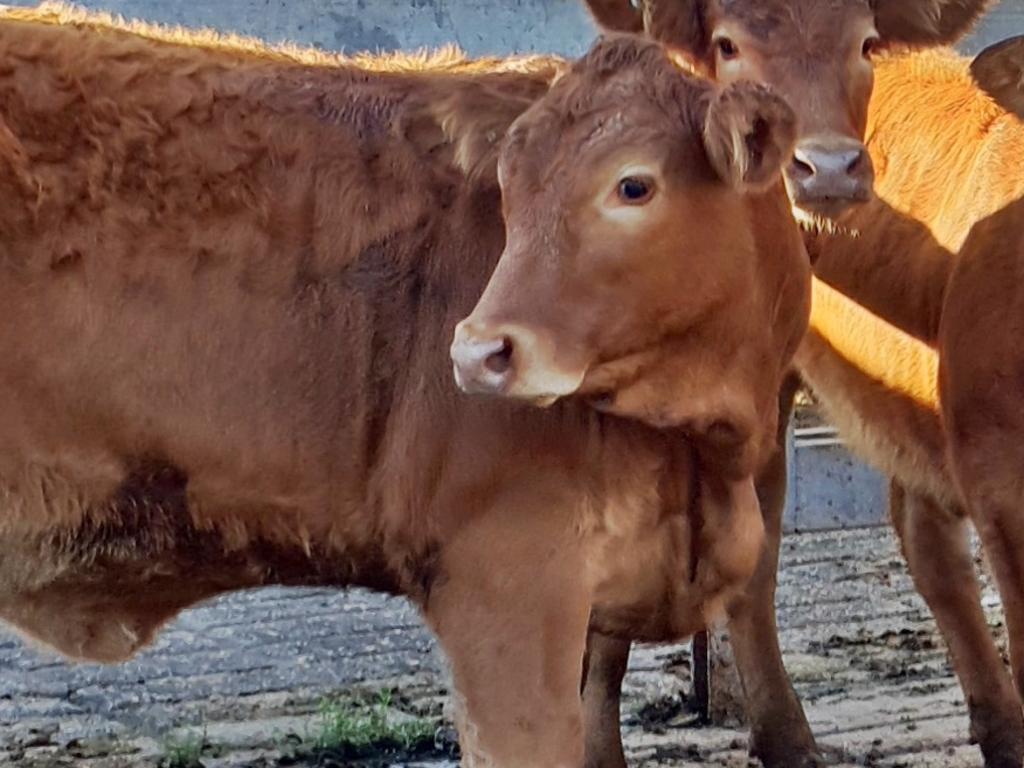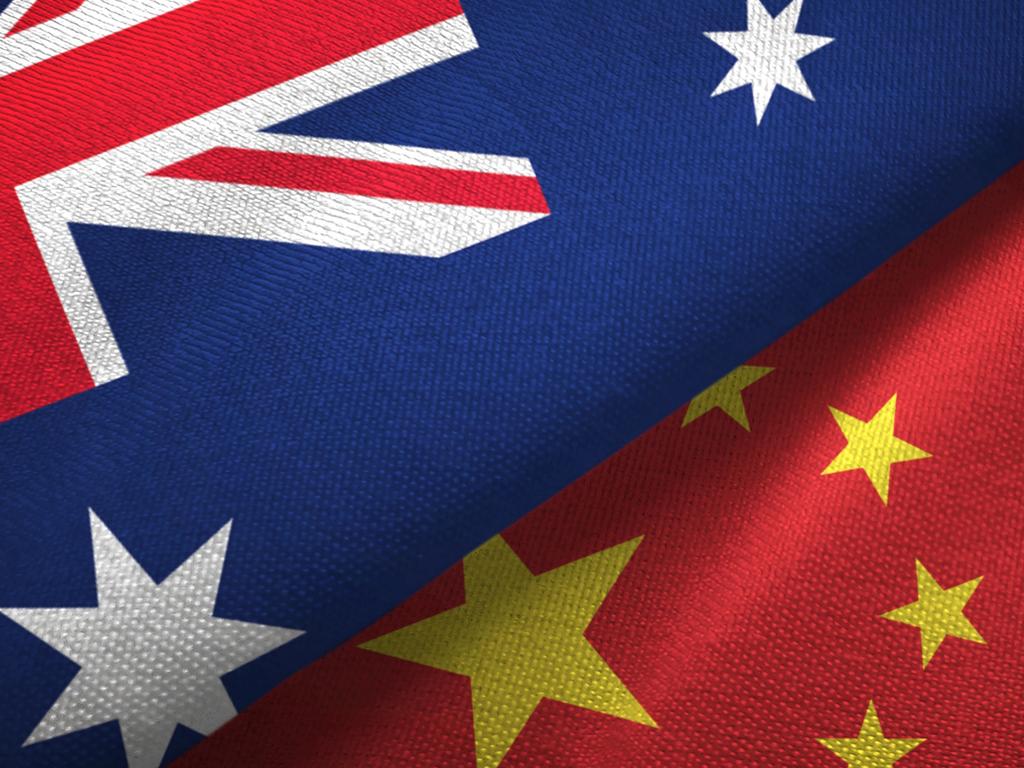Coronavirus Australia: China pulls trigger on barley tariffs
Australian barley growers’ $600m foothold in China set to be wiped out as Beijing implements 80.5pc tariff.

China has finally imposed tariffs on Australian barley as Trade Minister Simon Birmingham warned that the risks of doing business with the communist nation may be too high for some companies.
After 18 months of preparing for the trade hit, Australian grain growers were told late on Monday night by the Chinese Ministry of Commerce that they would face tariffs of 80.5 per cent, which industry leaders say will wipe out their $600m foothold in China.
China and Australia are now set to face-off at the World Trade Organisation as grain growers reject Chinese claims that they receive substantial subsidies from Canberra.
“The investigating authority finally ruled that there was a subsidy for imported barley originating in Australia, the domestic barley industry was substantially damaged, and there was a causal relationship between the subsidy and the actual damage,” the Ministry of Commerce announced.
“According to the recommendation of the Ministry of Commerce, the Customs Tariff Commission of the State Council made a decision to impose countervailing duties on imported barley originating in Australia from May 19, 2020.”
One of Australia’s leading trade experts, former ambassador Alan Oxley, said if Australia did take China to the WTO, the case would likely languish for years.
Senator Birmingham has asked for his counterpart to engage in an open dialogue, warning the “unpredictable regulatory interventions” have made it a riskier market for Australian businesses to invest. “I would expect many Australian businesses off the back of some unpredictable regulatory interventions, such as those we’ve seen in the last couple of weeks, would start to consider whether the risk profile has changed and may, therefore, look at other markets,” he told the Nine Network.
“We are continuing to work hard to make sure every bit of evidence is provided so that Beijing makes an evidence-based decision, in which case it should not be applying any duties to our farmers.
“We also continue to provide ever more market access opportunities for them. On July 5, a new free-trade agreement with Indonesia will come into place, which provides for 500,000 tonnes of additional feed, grain, to get into Indonesia, duty-free, and that number grows every year.”
At a Beijing press conference, Zhong Shan refused to take questions from Australian reporters on why China was pursuing beef and barley exports, and why he had refused to speak directly with Senator Birmingham.
As he left, the Commerce Minister said: “We (China and Australia) are still talking to each other.”
Both nations have tried to downplay the barley tariff threats from China as a technical dispute, but tensions have risen as Scott Morrison pursues an independent global review into the response to the coronavirus pandemic.
Grain Producers Australia chief executive Andrew Weidemann said farmers were prepared to change what they grew and all but abandon the Chinese market.
“We are not looking for financial assistance from Canberra. What we would hope for from the government is that help to mount a case to the WTO,” he said. “We want to negotiate on this with China and continue to do business.
“But if they slam the door in our face, we have to consider not doing business in China.”
GrainGrowers chairman Brett Hosking urged the Trade Minister to continue trying to repair relations with China. “The tariffs will be a half-a-billion whack on the Australian economy. I hope the government remains in touch with China and gets more involved diplomatically if there is a finding either way,” he said.
Mr Oxley — a former Australian ambassador to the General Agreement on Tariffs and Trade — said the WTO would take years to deal with any potential claims because of the lack of judges available to settle disputes and the complex nature of agricultural trade.
“The Americans have basically forced this hand by blocking WTO appointments during the trade war,” he said.
“Agriculture has also never been properly fitted into the WTO … the arrangement is more often not regional or bilateral.
“The WTO has some agricultural agreements but they are very complex.”







To join the conversation, please log in. Don't have an account? Register
Join the conversation, you are commenting as Logout